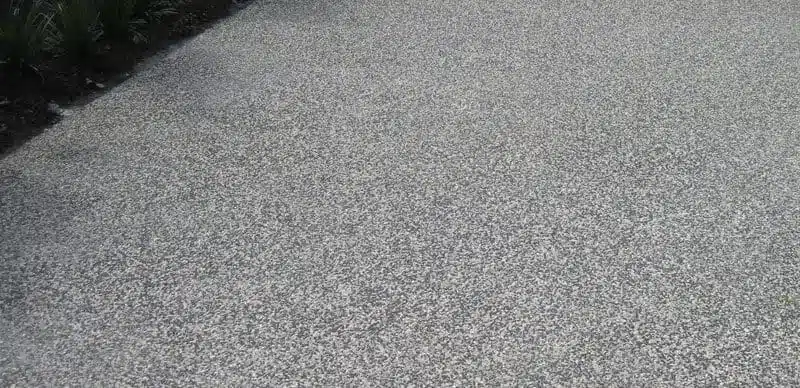Expert Concrete Installation: Transforming Your Space with Solid Structures
Expert Concrete Installation: Transforming Your Space with Solid Structures
Blog Article
Unveiling the Eco-Friendly Advantages of Utilizing Recycled Concrete in Lasting Construction Practices
In the world of lasting building methods, the usage of recycled concrete stands as a pivotal yet usually underestimated resource. Beyond its traditional applications, recycled concrete deals a myriad of green advantages that extend far beyond the confines of traditional construction materials. From decreasing ecological impact to boosting cost-efficiency, the effects of integrating recycled concrete in sustainable structure practices are considerable. This flexible material not only addresses pushing environmental concerns however additionally offers a practical service to the challenges encountered by the building and construction industry at large.
Ecological Benefits
Undoubtedly, one of one of the most considerable advantages of using recycled concrete is its positive effect on the environment. By incorporating recycled concrete right into construction practices, there is a considerable decrease in the demand for brand-new resources, bring about preservation of natural deposits. This process helps in maintaining aggregates, water, and energy that would certainly have been used in creating new concrete. In addition, making use of recycled concrete diminishes the quantity of waste being sent to garbage dumps, therefore minimizing environmental contamination and reducing the strain on landfill capabilities.

In comparison, recycled concrete has a lower carbon impact as it reduces the need for brand-new concrete production. On the whole, the environmental advantages of using recycled concrete are considerable and play a critical function in advertising green building and construction techniques.
Cost-Efficiency
Achieving cost-efficiency is a vital factor to consider when examining the application of recycled concrete in construction projects. One of the key advantages of using recycled concrete is its cost-effectiveness compared to conventional concrete.
In addition, the usage of recycled concrete can cause financial savings in garbage dump expenses by drawing away concrete waste from disposal websites. This not only lowers the ecological impact yet likewise gets rid of the prices associated with waste elimination. The sturdiness and efficiency of recycled concrete are equivalent to conventional concrete, ensuring that expense financial savings do not jeopardize the top quality of the construction.
Durability and Stamina
Recycled concrete deals equivalent, if not premium, durability and strength buildings to conventional concrete - Concrete. Through innovations in handling methods and top quality control, Home Page recycled concrete can fulfill or go beyond the performance standards of conventional concrete.

Waste Reduction
When it comes to using recycled concrete, waste decrease is a key benefit that adds significantly to ecological conservation. By integrating recycled concrete right into building and construction projects, this waste is repurposed and diverted from garbage dumps, reducing the general environmental influence of building and construction activities.
Furthermore, the usage of recycled concrete can lead to cost savings for construction tasks, as it is typically more budget friendly than sourcing and transporting new materials - Concrete. In verdict, waste reduction through the use of recycled concrete is a crucial part of lasting building practices that profits both the atmosphere and the building and construction market as a whole.
Energy Conservation
Energy preservation is an important element of sustainable construction methods, aiming to reduce the overall power intake connected with building operations and materials manufacturing. Significant energy financial savings are attained contrasted to typical concrete production when it comes to making use of recycled concrete in construction. The procedure of Resources generating recycled concrete includes reusing and crushing existing concrete materials, which consumes much less energy than mining, processing, and carrying resources for brand-new concrete production. In addition, the use of recycled concrete can help lower the demand for virgin accumulation, additional minimizing the energy-intensive extraction and handling of natural deposits.
Final Thought
In conclusion, the use of recycled concrete in lasting construction practices provides countless ecological benefits, cost-efficiency, sturdiness, strength, waste decrease, and energy preservation. By incorporating recycled concrete Home Page into building and construction tasks, we can contribute to an extra environmentally friendly and lasting future. It is essential for the building and construction sector to prioritize using recycled products to help in reducing the environmental impact of building and construction activities.
One of the essential advantages of utilizing recycled concrete is its cost-effectiveness contrasted to typical concrete.Moreover, the usage of recycled concrete can lead to savings in land fill costs by diverting concrete waste from disposal websites. The durability and efficiency of recycled concrete are similar to conventional concrete, guaranteeing that cost savings do not endanger the quality of the building.

Report this page